Applications for Ohio Farm Bureau Health Plans now available
Members have three ways to apply: contacting a certified agent, calling 833-468-4280 or visiting ohiofarmbureauhealthplans.org.
Read MoreGo ahead, eat those fried eggs. And add a slice of buttered toast and a side of bacon.
Enjoy it, because despite what you’ve heard for nearly 30 years, that fat and cholesterol won’t make you sick.
That was the surprising message that best-selling author Nina Teicholz brought to Columbus in June as part of The Truth About Food, a three-hour forum that examined how research about food and nutrition are relayed to the public and how that process could be improved.
Teicholz’s 2014 book, The Big Fat Surprise, challenges decades of advice by health associations and the government to stay away from saturated fat and high-cholesterol foods and opt for low-fat, low-cholesterol versions.
“We’ve gotten it wrong about fats,” Teicholz told an audience of more than 100 people at the Ohio State University Ohio Union. Reviews of scientific data over the last 15 years have found that saturated fats do not cause cardiovascular death, eating high-cholesterol foods does not worsen blood cholesterol, fat does not make you fat or cause cancer and low-fat diets can’t fight obesity, diabetes, heart disease or cancer, she said.
The hypothesis now, Teicholz said, is that carbohydrates cause increased insulin levels and that leads to obesity.
Ken Lee, OSU professor of food science and director of the university’s Food Innovation Center, said the “fats are bad” advice is a misconception that has permeated nutrition science, and it’s been difficult to change minds.
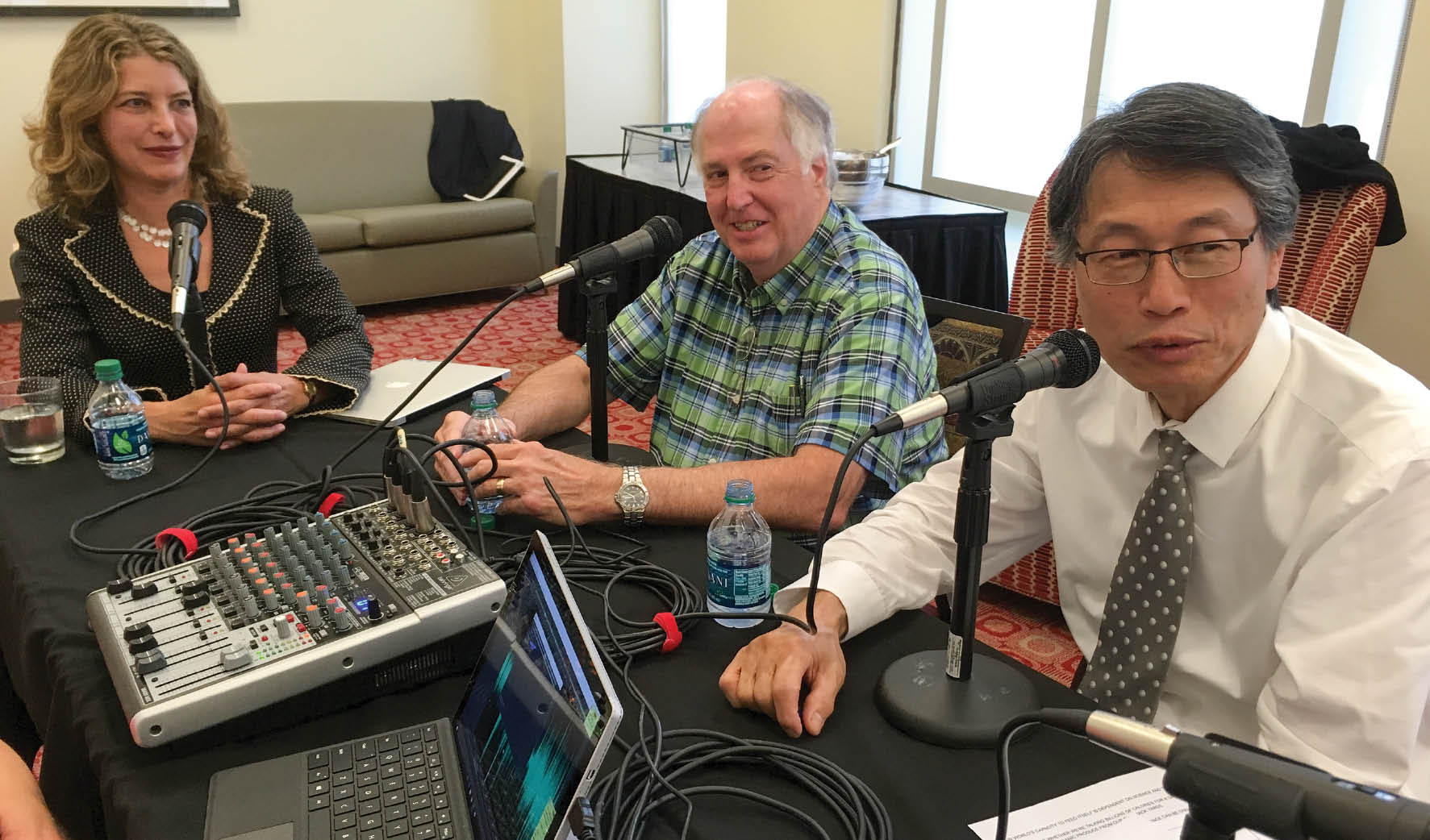
Lee was one of five panelists who discussed how scientists, journalists and science communicators can help unravel complicated scientific research for the public, in this case food science and nutrition.
“Nina has a message which is really important,” he said, noting that the study used by physiologist Ancel Keys that once supported his belief that fat and cholesterol caused heart disease was flawed. But it became so ingrained in popular culture and government recommendations over the years that it’s been nearly impossible to change the narrative.
Columbus Dispatch science reporter Marion Renault said translating the language of scientific studies into stories for the public can be difficult.
“You want to be general enough so that people can understand, but not so general that you’re incorrect,” she said.
These days, former Dispatch science reporter Misti Crane pointed out, only a handful of journalists focus on science and even fewer on nutrition. That makes it all the more important for scientists and science communicators to translate research and findings into lay speech, said Crane, now assistant director for OSU Research Communications.
“Then there’s a lot less chance for errors,” she said. Everyone, she said, needs to be honest about what science is and acknowledge that science moves very slowly.
“Don’t attempt to make it more than it is,” said panelist Joe Cornely, senior director of corporate communications for Ohio Farm Bureau. “Don’t take a possibility and make it a certainty.”
Thanks in large part to social media, there is enough of that happening as it is and it is one of the reasons miscommunication is spread.
Reporting about science has become more difficult than in the past because so much information is on the internet and lacks the quality control provided by the traditional media, said Earle Holland, former senior science and medical communications officer at Ohio State University.
“When everybody can be a publisher, all information appears equally valid, but it isn’t,” said Holland, who is now a contributing editor for Health News Review, an online non-profit organization that critiques medical and health news stories.
It takes time and energy to understand science, and journalists and scientists need to honestly and openly inform the public about what they need to know, he said.
Information
Ohio State University’s Food Science and Citation Needed clubs will screen the documentary Food Evolution at 6:30 p.m. Wednesday, Oct. 18, in the Archie M Griffin Ballroom at the Ohio Union, followed by a group discussion. Visit u.osu.edu/citationneeded for information.


Members have three ways to apply: contacting a certified agent, calling 833-468-4280 or visiting ohiofarmbureauhealthplans.org.
Read More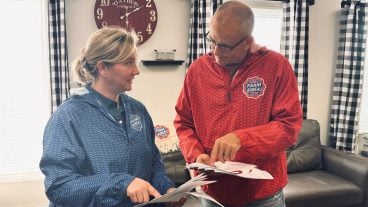
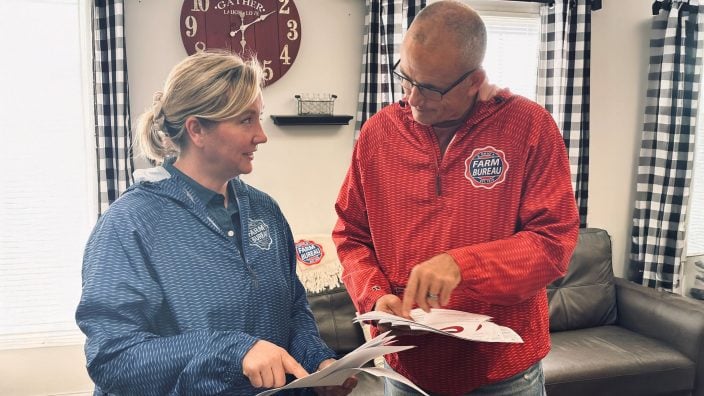
One of the best decisions Shannon and Heather Utter made a few years ago was looking into a Farm Bureau member benefit that has ended up saving them thousands of dollars on their energy bills.
Read More

Ryan Hiser has experienced first-hand the importance of having the opportunity to vote on issues that will affect his family operation and other farmers.
Read More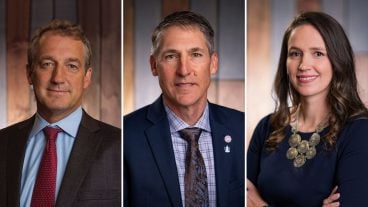
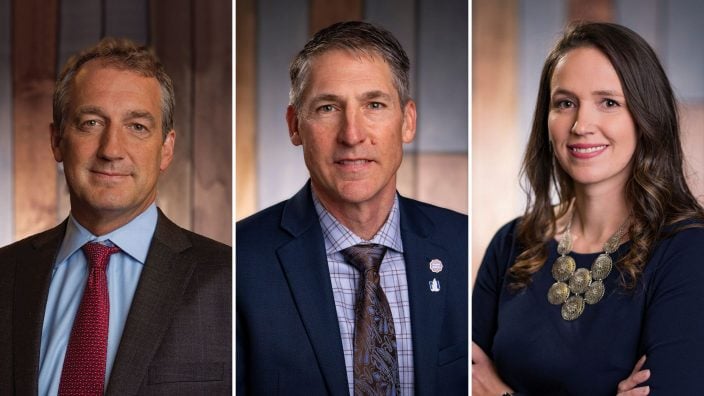
Bill Patterson, Cy Prettyman and Adele Flynn will continue to serve as officers for Ohio Farm Bureau Federation.
Read More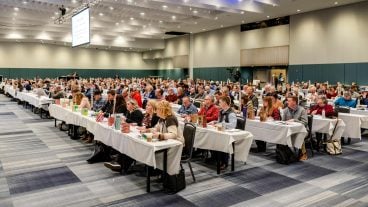
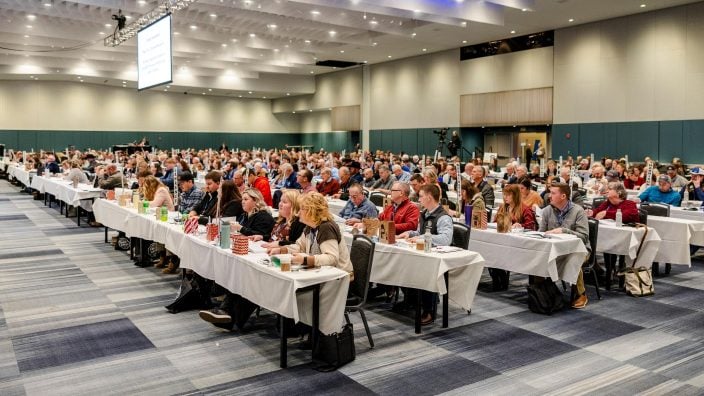
Delegates discussed many topics impacting agriculture including farmland preservation, local foods, and succession planning.
Read More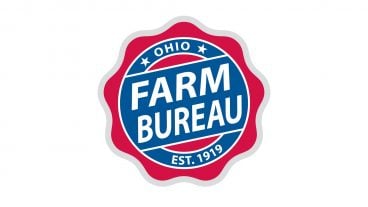
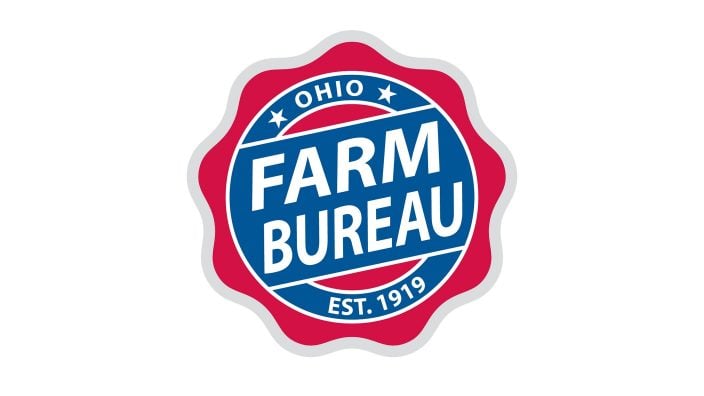
Twenty-six farmers govern the state’s largest farm and food organization.
Read More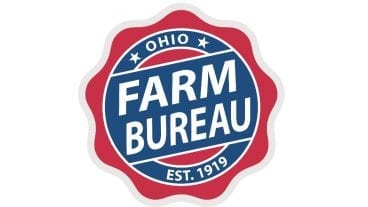
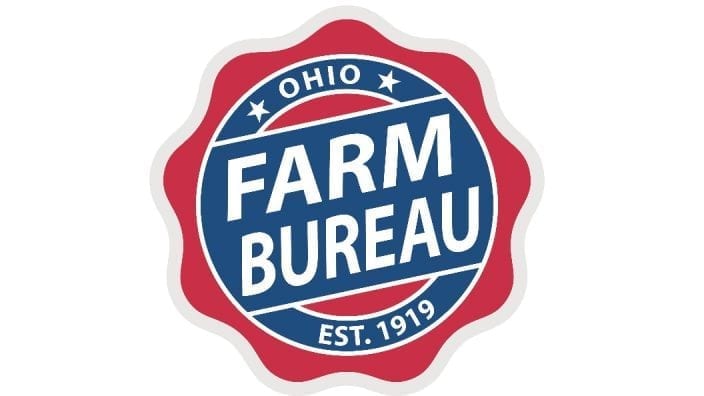
The 2025 recipients are Fred Cooke (posthumous) of Richland County, Marvin Dietsch of Williams County, Steven Knollman of Hamilton County and Michele Miller (posthumous) of Ottawa County.
Read More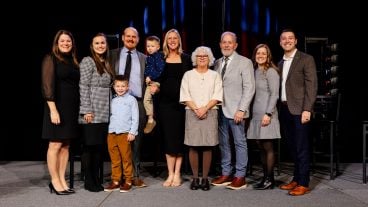
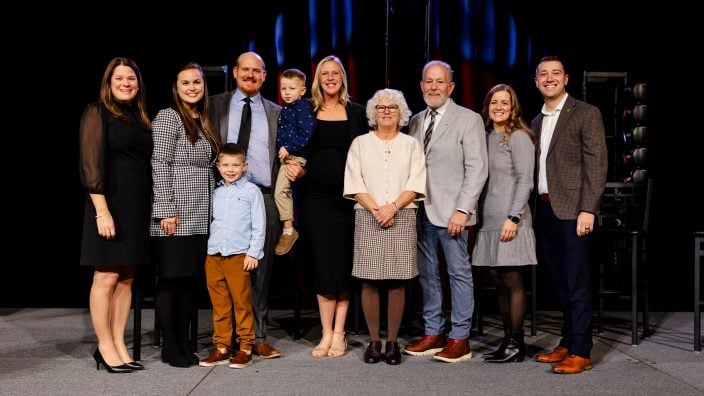
Nathan and Jill Parriman grow seasonal crops, including Christmas trees, pumpkins and cut flowers, providing U-cut experiences that invite customers to engage directly with agriculture.
Read More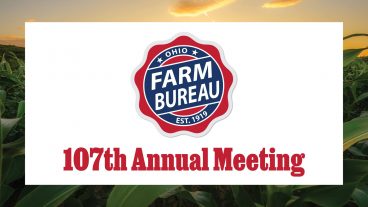
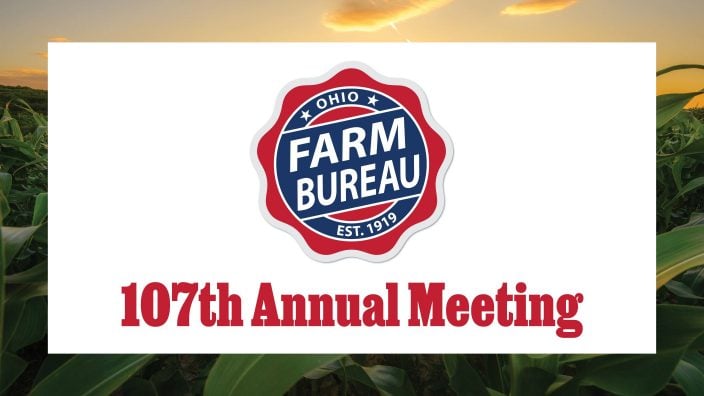
The 2025 Distinguished Service Award recipients are Craig Adams, Mike Townsley, and Kellogg Farms, Kurt Farms and Stateler Family Farms.
Read More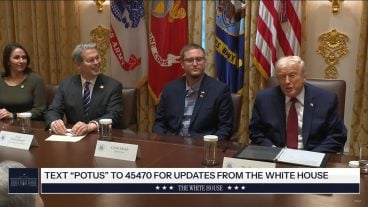
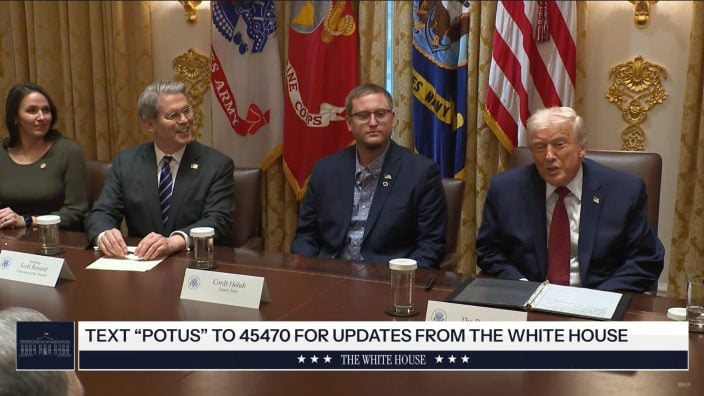
Ohio Farm Bureau Treasurer Adele Flynn participated in the meeting, representing Ohio farmers.
Read More